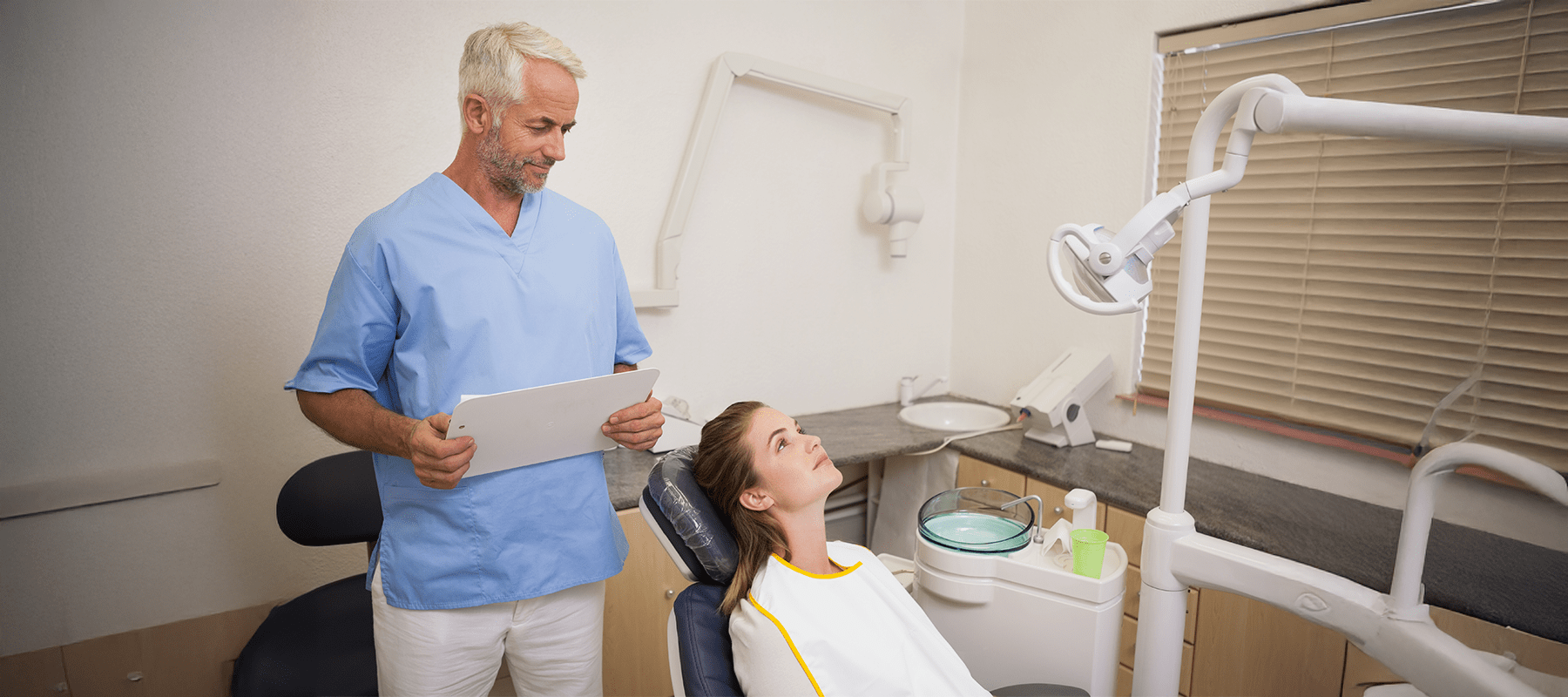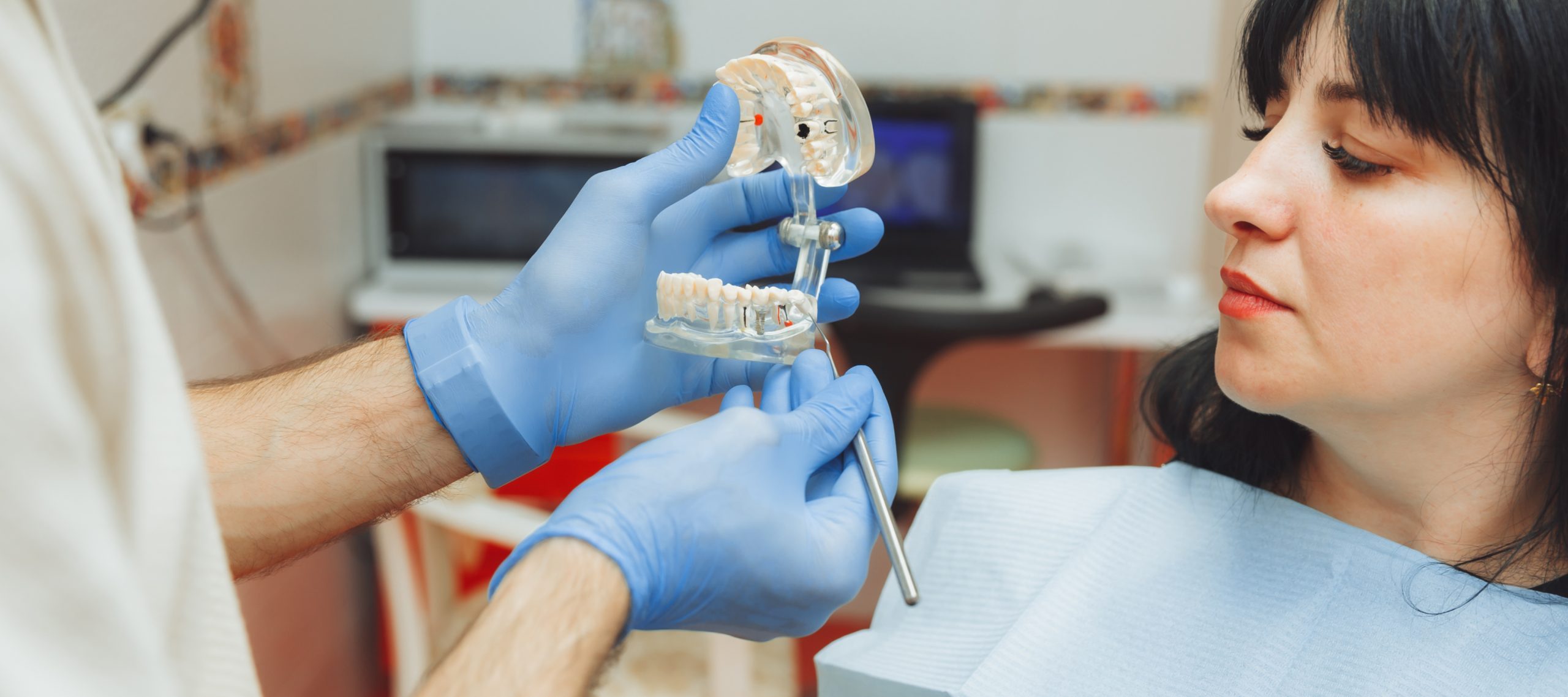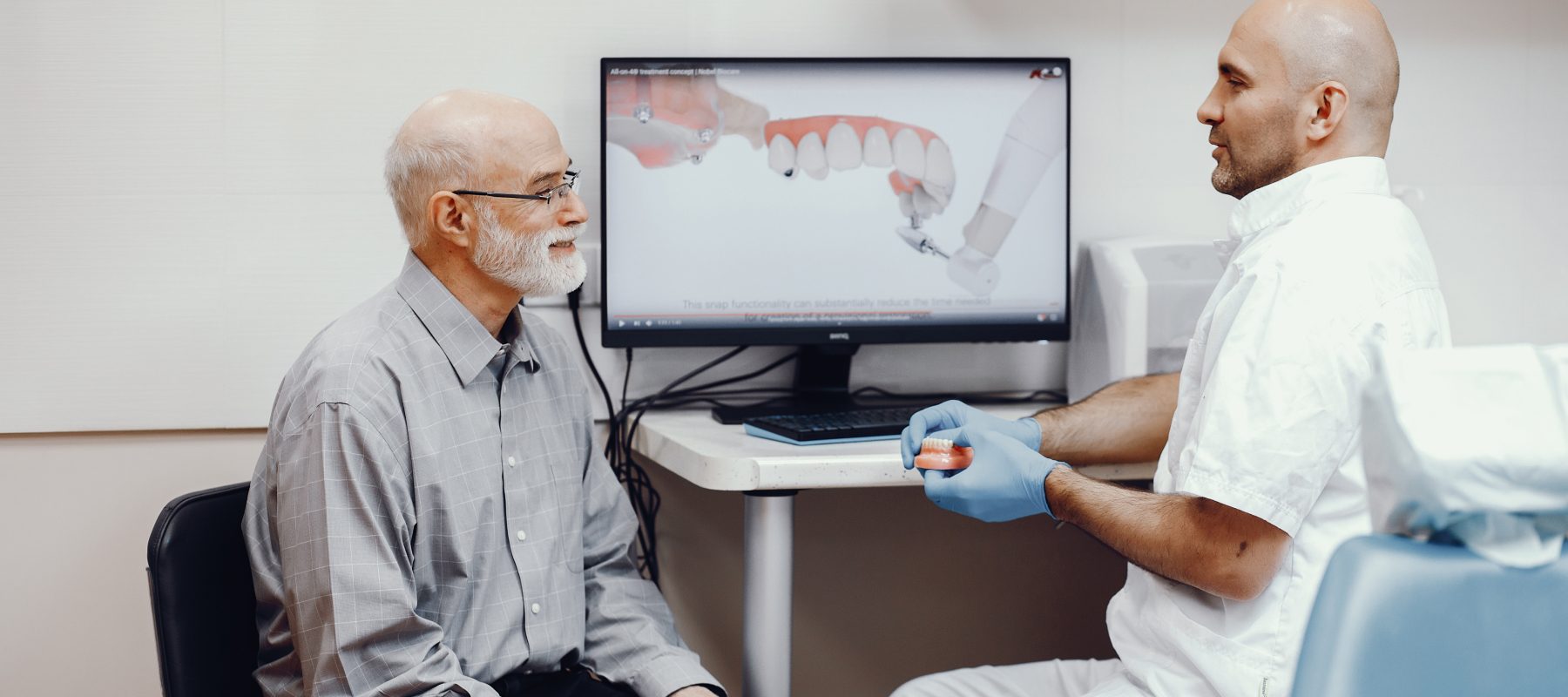Be careful. A toothache can become a warning sign at any time! We would consider Robert’s case. Robert had been a retired construction worker from Ohio. Just because he was unable to afford a dentist, he ignored his persistent gum infection. Worst of all, he expected the gum infection would give him chest pain, and he would have to land in the emergency room. Later, the doctors explained what a few Americans realize – because his untreated gum disease had worsened inflammation throughout his body, it aggravated his heart condition.
However, Robert’s story is a reflection of a larger truth – the oral health and heart disease link is no doubt real. Poor dental health and diabetes complications are on a tremendous and sharp rise among the uninsured adults. The U.S. healthcare system lacks dental insurance and Medicare coverage, which is silently propelling chronic diseases that are costing lives and billions of dollars annually.
Describing the “Why”: How does poor dental health impact the heart and blood sugar?
The medical researchers have conducted a detailed study and have long confirmed the strong oral health and heart disease link. Inflammation from gum infections is not limited to the mouth – it starts spreading. Spreading through the bloodstream, further damaging the arteries, and ultimately raising the blood pressure. People with gum disease are twice as likely to suffer sudden heart attacks.
Similarly, there is a solid connection between poor dental health and diabetes. Oral infections caused by inflammation are guilty of disrupting blood sugar control. With time, managing diabetes really becomes harder. As per the reports from the American Diabetes Association, the untreated periodontal disease is certain to increase insulin resistance and create a dangerous cycle in the process.
The dreadful tragedy? Several of these outcomes have a solution. These could be prevented by being consistent with routine cleanings, early detection, and affordable dental care. Unfortunately, affordable dental care is often out of reach for millions of Americans because they do not have dental insurance, Medicare coverage, or access to affordable dental clinics near them.
Identifying the problem:
The gaps existing in Medicare and Medicaid Dental Coverage
Even if Medicaid well covers the medical emergencies, it offers almost no routine dental benefits. As a result, the seniors, most vulnerable to heart disease and diabetes, are left without any proper access to preventive oral care.
As stated in a 2023 Kaiser Family Foundation report, half of Medicare beneficiaries had not visited a dentist in over a year, predominantly because of the cost factor.
The state-level Medicaid programs for adults vary widely. It has been noted that only 23 states are offering dental benefits. But the other states are covering only emergency procedures such as extractions. With this inconsistency, vast inequities have been created. In some states, dental coverage for adults in the USA through Medicaid covers regular dental cleanings and checkups, while in others, it barely covers the need for dental pain relief.
Since these consequences are predictable, the emergency rooms remain filled with preventable dental crises. It costs the nation over $2 billion annually in avoidable medical care.

Prioritizing the financial case: Why to add dental to Medicare?
The economic argument towards adding dental to Medicare is equally compelling and justified from moral grounds. In the suggestion shared by the research from the American Heart Association, treating gum diseases before it spreads widely could lower healthcare costs for heart patients by up to 21% annually. At the same time, people with diabetes receiving regular dental care would show 34% fewer hospitalizations.
There is a scope for both Medicare and Medicaid to save billions in chronic disease management by closing the coverage gap and providing comprehensive dental care. The “dental coverage for adults in the USA through the Medicaid” model has already shown promise – states that have expanded dental benefits are witnessing lower emergency room visits, fewer infections, and better long-term outcomes.
The whole idea is not only about fixing teeth. Its core is to build a system ensuring oral care treatment as the most essential preventive medicine.
The systemic issue: dental health inequality as a public health crisis
One of the most overlooked health inequities in America is the scarcity of dental insurance and Medicare coverage.
The ones who are disproportionately affected include low-income adults, seniors, and people of color. Because they don’t have access to dentists, most of them resort to home remedies. Often, they wait until the pain turns unbearable. Sadly, by then the infections had already spread a lot.
Due to this inequality, broader health divides deepen. The oral health heart diseases, such as poor dental health and diabetes, indicate that dental neglect affects smiles while worsening the national rates of chronic diseases. However, if the dental coverage for adults in the USA through Medicaid is expanded and adding dental to Medicare is chosen, the decision will help millions of Americans to avoid preventable suffering as well as financial hardship.
A health policy researcher has aptly put it that we cannot have whole-body health if we are not careful about our mouth and continue treating the mouth like it is separate from our body.
The case for change:
This is the time for action – why?
Eventually, Robert could get help through a local nonprofit dental clinic. However, not everyone can be so lucky. It is now time for the federal and state policymakers to take over and close the oral health gap once and for all.
Comprehensive dental insurance and Medicare coverage, and stronger dental coverage for adults in the USA through Medicaid, is likely to improve heart and metabolic outcomes, thereby reducing emergency room costs, while strengthening communities. When America chooses to add dental to Medicare, then it could convert one of its most ignored inequalities into one of its greatest public health victories.

Why ignoring dental coverage in Medicare/Medicaid will cause an oral health crisis and harm overall health?
If the serious gap in dental coverage under Medicare and state-level Medicaid remains unaddressed, the consequences turn severe and far-reaching. Seniors and low-income populations will be particularly affected.
1. Overall health will continue to worsen
The untreated oral infections and diseases like periodontitis are directly linked to the major chronic conditions like diabetes, heart diseases, and Alzheimer’s disease, leading to progression and management difficulties.
2. Exorbitant costs
Due to a lack of preventive care, the consequence is dental emergencies. The uninsured individuals often resort to hospital emergency rooms for toothaches. This is an extremely inefficient and expensive use of medical resources, which drives up healthcare costs for everyone.
3. Quality of life goes downhill, and employability becomes a threat
Due to untreated pain, tooth loss, and disfigurement, one will have to bear the painful difficulties while eating, speaking, and with self-esteem. Moreover, poor oral health is a barrier to employment and social interaction for working-age adults.
4. Health inequalities
The existing health disparities deepen when the burden of poor oral health and high out-of-pocket costs starts to disproportionately affect the racial and ethnic minorities and rural populations.
Ending it here,
More healthy mouths mean America is a home to healthy citizens. The evidence is purely undeniable. The existing connection between oral health and heart disease link and poor dental health diabetes reveals how the mouth mirrors your entire body. Coverage is the stepping stone to bridge this gap. So, by adding dental to Medicare and improving dental coverage for adults in the USA through Medicaid, just the smiles are not being mixed – rather, hearts are being strengthened, blood sugar balanced. Finally, a healthier and fairer nation is being built.

Vicky collaborates closely with doctors, scientists, and professionals in the medical and pharmaceutical industries. Having worked with SBU Community Clinic in the USA, he is dynamic in writing and publishing health-related guest blogging services, offering valuable insights in the healthcare field.














